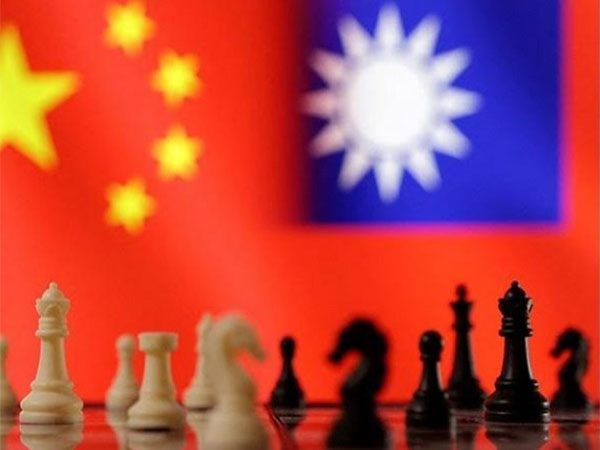Taiwan Opposes China's Economic Pressure Over Trade Barriers
Taiwan's Mainland Affairs Council has opposed China's 'economic oppression' as China explores counteractions for Taiwan's trade barriers on over 2,000 Chinese products. China demands removal of restrictions, attributing inaction to Taiwan's ruling party. Taiwan calls for WTO negotiations amid growing cross-strait tensions.

- Country:
- Taiwan
The Mainland Affairs Council of Taiwan (MAC) has denounced what it describes as China's 'economic oppression' in light of potential retaliatory actions involving Taiwan's trade barriers. This declaration emerged after China's Ministry of Commerce indicated possible measures against Taiwan for not removing restrictions on Chinese goods, as reported by Focus Taiwan.
In its official statement, the MAC expressed regret over any potential countermeasures but vowed to mitigate their unfavorable impact. Following an investigation, China's Ministry of Commerce claimed that Taiwan's restrictions on over 2,000 Chinese products function as trade barriers and called for their removal, noting Taiwan's lack of substantial response.
Chinese agencies are reportedly considering further actions against Taiwan's trade practices, as per the ministry. Zhu Fenglian, spokesperson for the Taiwan Affairs Office, aligned with China's State Council, supported potential actions, linking Taiwan's inaction to the Democratic Progressive Party's stance on independence and the '1992 consensus'. Zhu blamed Taiwan entirely for the current situation.
Taiwan's Ministry of Economic Affairs (MOEA) proposed negotiations within the World Trade Organization framework in response to China's claims. The Ministry criticized China's tactics as pressure to force political compliance, emphasizing that such strategies would not resolve issues.
The MAC stressed China's accountability for any negative consequences on people and business across the Taiwan Strait. They urged recognition of the ROC and practical approaches to cross-strait economic issues for constructive dialogue, warning that further economic pressure could increase Taiwanese resentment.
(With inputs from agencies.)










